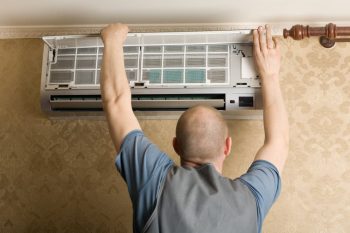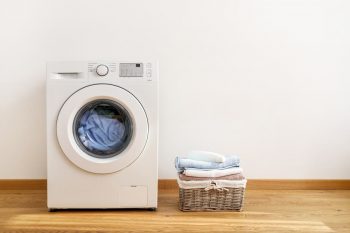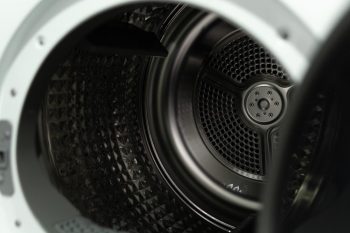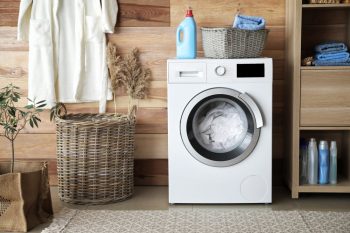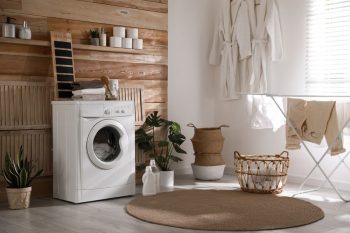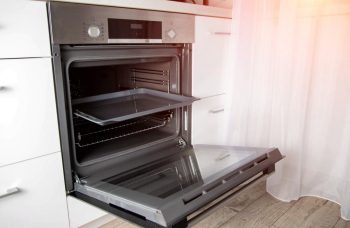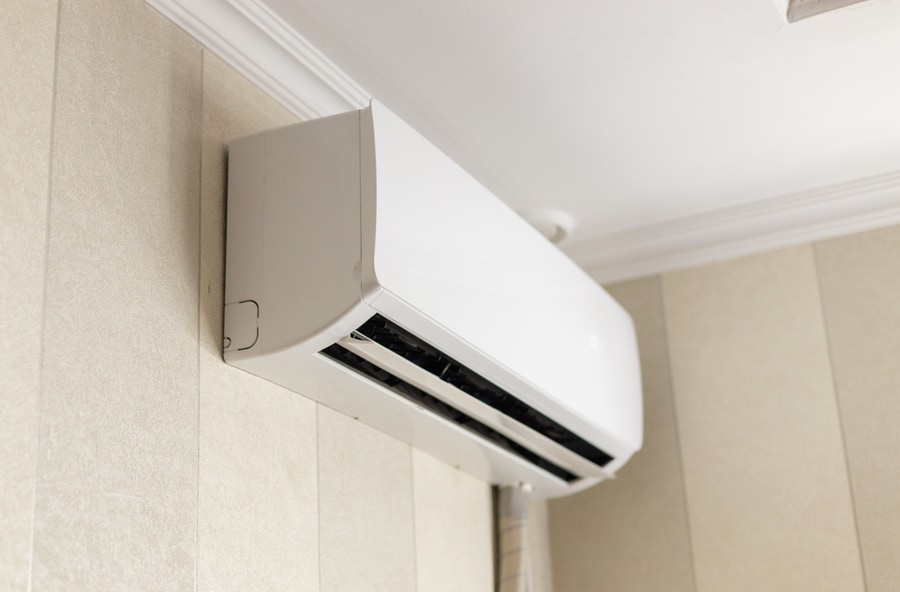
Are you thinking of buying an air conditioner for your house or office? Climate control units are essential to keep rooms cool while improving air quality. However, you should know a little about BTUs before purchasing the appliances.
BTUs is a common word thrown around when using heat transfer devices, including aircon systems. They are vital to identifying what kind of unit you need to be installed in a living space. Knowing an AC’s BTU rating can also determine if your old appliance needs to be repaired or replaced.
This article will examine BTUs and why they are vital for you and your air conditioner. We gathered information to help determine your house’s ideal climate control unit.
BTUs are essential in knowing which kind of AC unit you want to buy. The acronym stands for British Thermal Unit. It measures how much energy the air conditioner uses to cool air in one hour.
The advantages of using the proper BTU rating in your aircon include improved cooling efficiency and dehumidifying capabilities. Additionally, it also reduces energy consumption and wears on the device.
Consider a few things before finding the BTU you need for your AC. First, the room or house’s dimensions and location of the house. Likewise, the house’s insulation can also affect the energy your unit needs to cool it.
We will also look at some factors to determine what kind of BTU rating you should consider for better cooling efficiency.
What Does BTU Mean in an AC?

BTU stands for British Thermal Unit. It is an energy measurement used for heat transfer appliances like heaters and air conditioners.
Air conditioners cool your room by removing heat from the air and blowing the cold air back into the room. BTUs in an HVAC show how much energy the system uses to remove that heat within an hour.
In a nutshell, one BTU means that a unit can increase or reduce the temperature of one pound of water by 1°F.
You can find the BTU rating of an AC unit on its information label. It should be next to the model number, serial numbers, safety warning, and other essential information about the appliance.
Importance of BTUs in an Aircon Unit
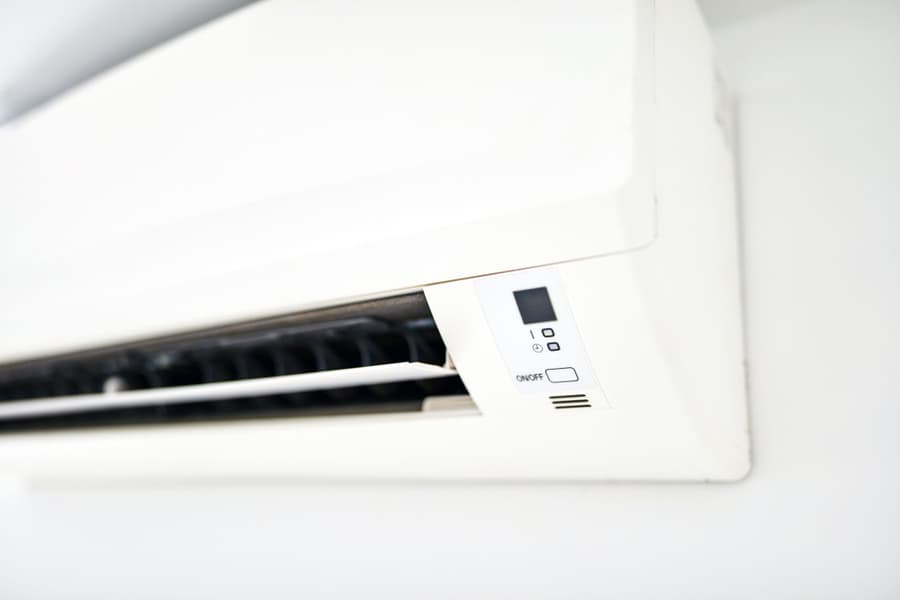
Now that we know what BTUs mean let us look at why they are essential when buying your new window or portable AC unit for the office.
1. Cooling Efficiency
Knowing the BTU rating in an HVAC can help improve its cooling efficiency. Small climate control units can struggle to keep large rooms to the desired temperature. BTUs can help you identify which AC is ideal for cooling your entire house or spaces in the office.
2. Energy Efficiency
BTUs are also a good measure of an AC’s energy consumption. Getting the wrong device for your house can lead to higher energy bills. An overworking unit needs more electricity to cool the home, especially in larger rooms.
3. Dehumidifying Efficiency
Additionally, getting a unit with fewer or more BTUs than necessary can compromise air quality. Small units take longer to remove excess moisture from larger rooms.
Likewise, larger models take a shorter time to cool the room and turn the compressor off before removing enough moisture from the air, leaving the room cold and clammy.
4. Less Wear to Aircon Unit
Lastly, getting an appliance with the necessary BTU capacity for use also reduces the cost of repairs or replacement. An overworking unit has a higher potential for wear and tear, leading to damage. Larger units can also get compromised due to the short cooling cycles, making them break down faster than expected.
Choosing the Right BTUs for You
However, getting central AC does not necessarily mean you have an advantage. Getting the wrong BTUs can lead to reduced cooling efficiency, poor air quality, and less energy efficiency. Likewise, the air conditioner might also be over or underworked, leading to malfunctions.
Before buying your new air conditioners, here are a few factors to consider when choosing the right BTUs.
1. Room Dimensions
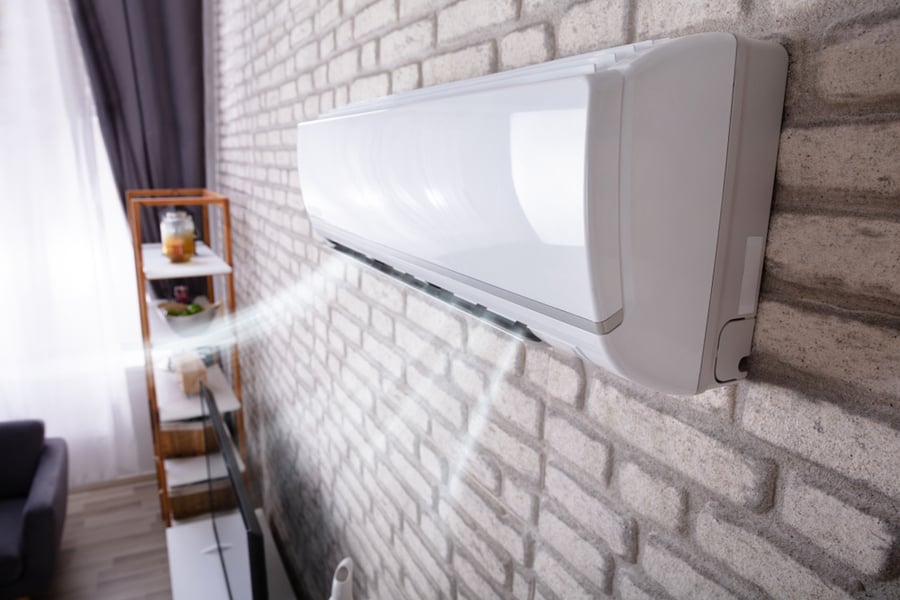
Room dimensions are the main factor in finding the right BTUs for your AC. Larger rooms require more energy to cool them.
An aircon system requires about 20 BTUs to cool a square foot. So, if you need to find an AC’s capacity, you should multiply the square footage of the room, or the entire house, by 20 BTUs. This should give you an approximate unit capacity you need to purchase.
For example, if you need a split AC for a 1,000-square-foot house, multiply 1,000 by 20 BTUs. For efficient cooling you will need a climate control unit with about 20,000 BTUs for efficient cooling.
However, it is also crucial to note that the ceiling height can determine how much power your AC needs to cool the room. Rooms with higher ceilings require more energy to cool rooms.
If you are having trouble finding the correct BTU rating, you can always call an HVAC professional. They can advise you on the proper unit for your living space.
2. Location of Your Home or Office
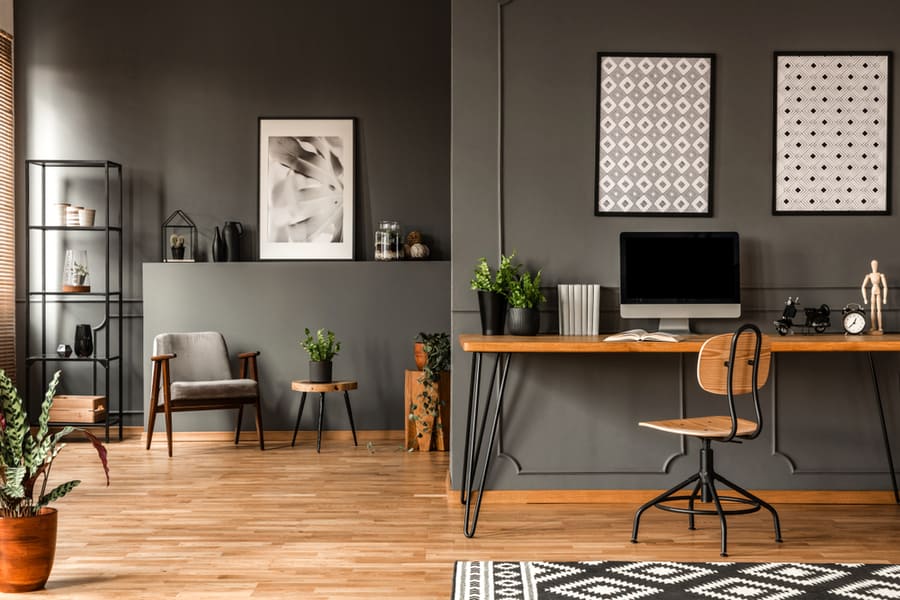
Secondly, the location of your living space also plays a considerable role in choosing the proper AC capacity. If your house or office is located in a warm region, your AC will require more power to cool the house.
The building’s floor plan can also determine how effectively your AC works. Houses with multiple floors require an air conditioning device with a higher BTU rating to ensure better cooling than a house with one floor.
Furthermore, homes or rooms with an open floor plan require more energy to cool than small enclosed spaces.
3. House Insulation
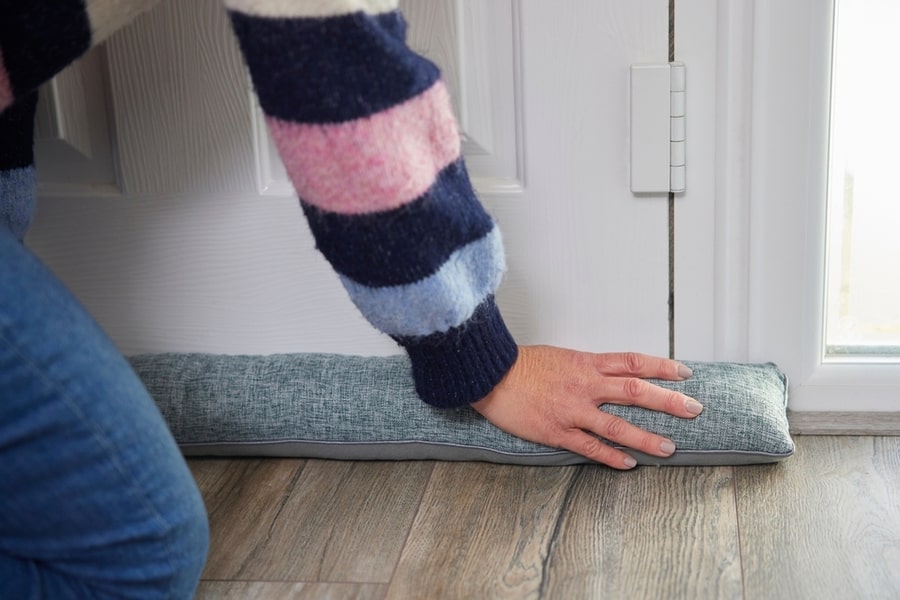
Lastly, you should also take into consideration the insulation of your house. Well-insulated houses are better equipped to hold and retain cool air. Houses with large windows and doors quickly lose cool air, meaning the aircon will require more energy to maintain the room’s temperature.
Air Conditioners for Different Spaces
This section will look at some of the best AC capacities depending on your space.
Best Air Conditioner for Small Rooms
To cool small rooms like home offices and bedrooms with a range of about 100-300 square feet, you should find an AC with a capacity between 5,000 to 7,000 BTU.
Best Air Conditioner for Midsized Rooms
For larger rooms between 300-400 square feet, the climate control unit should have a capacity of about 8,000-9,000 BTU.
Best Air Conditioner for Large Rooms
For big rooms like the living room, which are between 400-600 square feet, you need an aircon unit with 10,000-14,000 BTU.
If you want an AC that cools more than only one room of the house, then you should call an HVAC professional to accurately determine the house’s size and which kind of unit best suits the job.
Summary
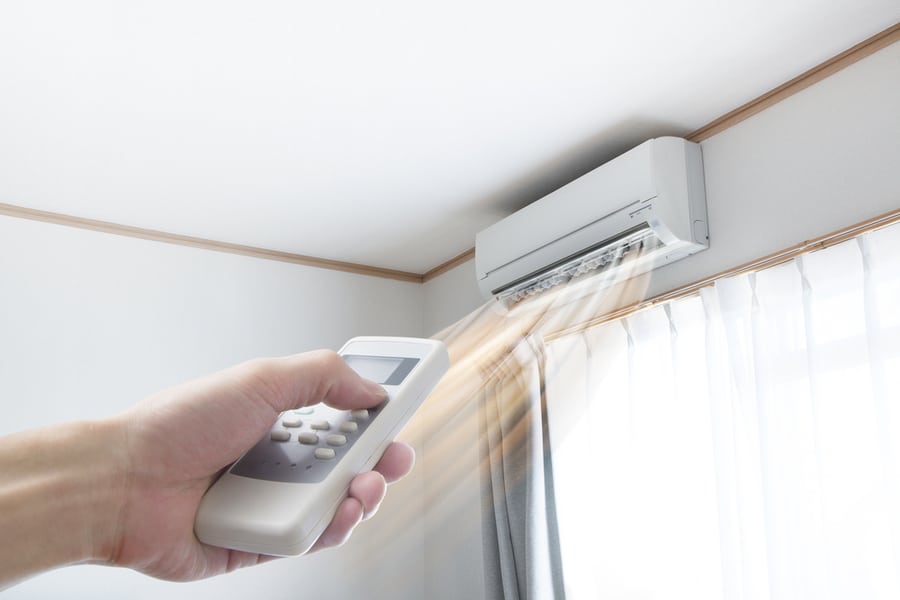
If you are looking for an aircon unit that will work for your house, it is probably a good idea to check out its BTU rating. BTUs are measuring units for heat transfer devices. The higher the BTU rating of an air conditioner, the better its cooling capacity.
There are several advantages to knowing your AC’s BTU. It can help improve your unit’s cooling and dehumidifying capacity and reduce energy consumption and wear.
However, before choosing the appropriate BTU rating, there are a couple of factors to consider. First, the room dimensions and location of the house can affect how effectively an air conditioner cools the room. Likewise, well-insulated houses use less energy when cooling.
Frequently Asked Questions
Is Higher BTUs Better for an AC?
More is not always better! Installing a large AC in a small room means the unit cools the room too fast, and not enough moisture is removed from the air. Additionally, the aircon has a shorter cooling cycle which can damage its internal components.
How Many BTUs on an Air Conditioner Do I Need?
There are a couple of factors that you should consider when looking for an AC’s BTU rating. They include:
- Room dimensions.
- Location of the house.
- House insulation.

